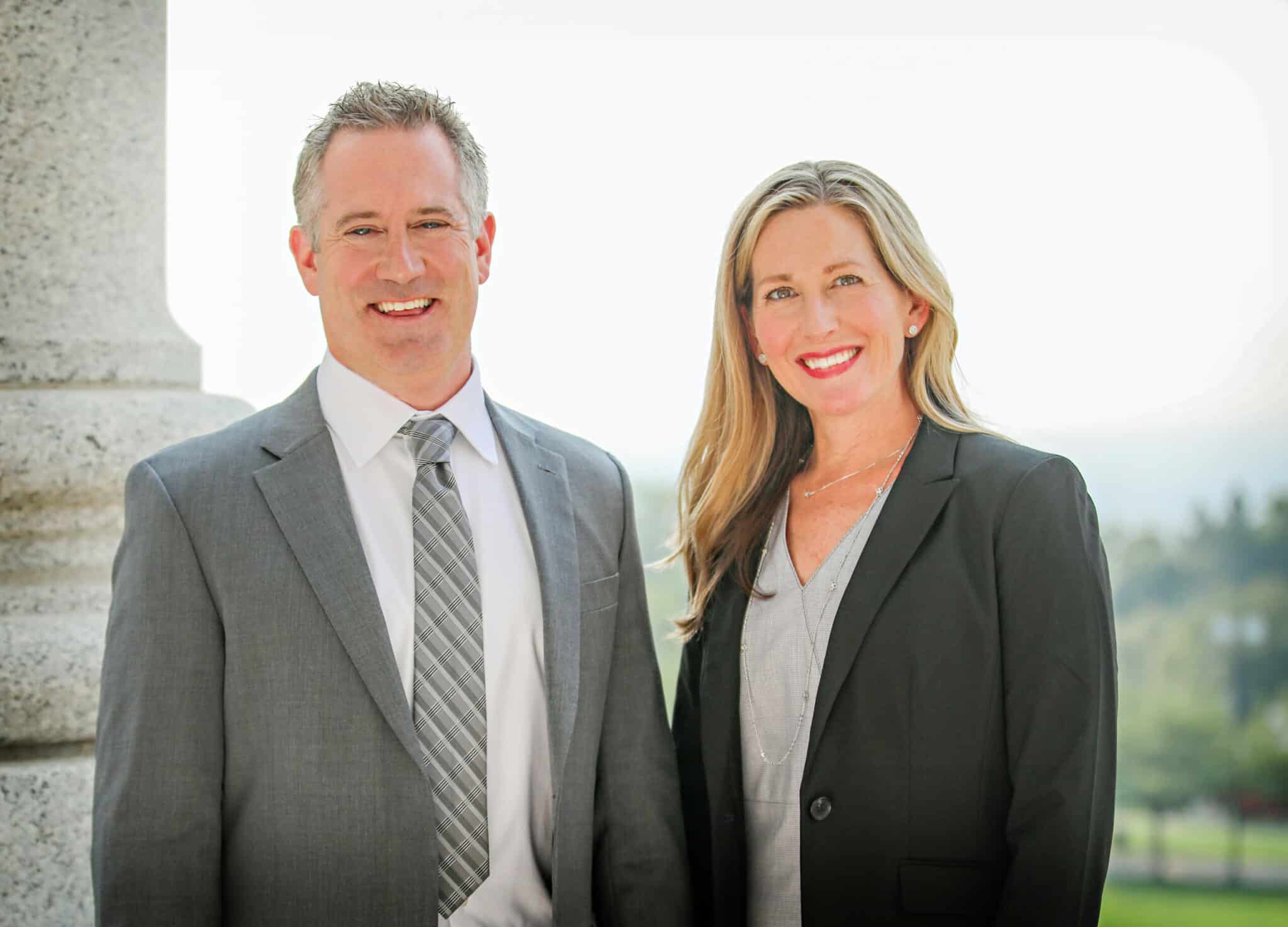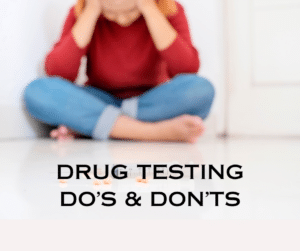
If you are facing a Driving Under the Influence (DUI) or Physical Control charge in the State of Washington, you may be eligible to enter a rigorous but rewarding treatment plan commonly known as a Deferred Prosecution.
A successful Deferred Prosecution ends with the current charge(s) being dismissed, but not everyone is eligible to enter a Deferred Prosecution.
The three major factors that determine whether or not a person may be allowed into a Deferred Prosecution are (1) you can not have done a previous Deferred Prosecution, (2) you have to believe that, without such treatment, you have a high likelihood to reoffend, and (3) you must be diagnosed as alcohol or drug dependent.
Benefits of a Deferred Prosecution
•The case is dismissed.
•There is no jail time.
•More often than not, even initially reluctant people at the end of the Deferred Prosecution report that is was a very positive experience.
Downside to a Deferred Prosecution
• You are only eligible to enter the program once in your life. If you mess it up, even at the beginning, that was your only shot.
•You are waiving substantial rights upon entry of a Deferred. If you fail, it is much easier for the State (or City) to convict you. If the Court deems that you are out of compliance, the Judge simply reads the Officer’s narrative of the events – no trial is held.
•In entering a Deferred, you have created a legal record that you are alcohol and/or drug dependent.
•The entrant bears the cost of the Deferred Prosecution program (some insurance companies will pay for the treatment).
•Even if successful, the Deferred Prosecution will be counted as a “prior offense” if an individual gets charged with a subsequent DUI.
•The entrant will only be allowed to drive a motor vehicle with a functioning Ignition Interlock device.
RCW 10.05.010 Eligibility
(1) In a court of limited jurisdiction a person charged with a misdemeanor or gross misdemeanor may petition the court to be considered for a deferred prosecution program. The petition shall be filed with the court at least seven days before the date set for trial but, upon a written motion and affidavit establishing good cause for the delay and failure to comply with this section, the court may waive this requirement subject to the defendant’s reimbursement to the court of the witness fees and expenses due for subpoenaed witnesses who have appeared on the date set for trial.
(2) A person charged with a traffic infraction, misdemeanor, or gross misdemeanor under Title 46 RCW shall not be eligible for a deferred prosecution program unless the court makes specific findings pursuant to RCW 10.05.020 or section 18 of this act. Such person shall not be eligible for a deferred prosecution program more than once; and cannot receive a deferred prosecution under both RCW 10.05.020 and section 18 of this act. Separate offenses committed more than seven days apart may not be consolidated in a single program.
(3) A person charged with a misdemeanor or a gross misdemeanor under chapter 9A.42 RCW shall not be eligible for a deferred prosecution program unless the court makes specific findings pursuant to RCW 10.05.020 Such person shall not be eligible for a deferred prosecution program more than once.
RCW 10.05.140 Conditions of Granting
As a condition of granting a deferred prosecution petition, the court shall order that the petitioner shall not operate a motor vehicle upon the public highways without a valid operator’s license and proof of liability insurance. The amount of liability insurance shall be established by the court at not less than that established by RCW 46.29.490.
As a condition of granting a deferred prosecution petition on any alcohol-dependency based case, the court shall also order the installation of an ignition interlock.
To help ensure continued sobriety and reduce the likelihood of re-offense, the court may order reasonable conditions during the period of the deferred prosecution including, but not limited to, attendance at self-help recovery support groups for alcoholism or drugs, complete abstinence from alcohol and all non-prescribed mind-altering drugs, periodic urinalysis or breath analysis, and maintaining law-abiding behavior.
The court may terminate the deferred prosecution program upon violation of the deferred prosecution order.
RCW 10.05.150 Program requirements (Per Statute)
A deferred prosecution program for alcoholism shall be for a two-year period and shall include, but not be limited to, the following requirements:
(1) Total abstinence from alcohol and all other nonprescribed mind-altering drugs;
(2) Participation in an intensive inpatient or intensive outpatient program in a state-approved substance use disorder treatment program;
(3) Participation in a minimum of two meetings per week of an alcoholism self-help recovery support group, as determined by the assessing agency, for the duration of the treatment program;
(4) Participation in an alcoholism self-help recovery support group, as determined by the assessing agency, from the date of court approval of the plan to entry into intensive treatment;
(5) Not less than weekly approved outpatient counseling, group or individual, for a minimum of six months following the intensive phase of treatment;
(6) Not less than monthly outpatient contact, group or individual, for the remainder of the two-year deferred prosecution period;
(7) The decision to include the use of prescribed drugs, including disulfiram, as a condition of treatment shall be reserved to the treating facility and the petitioner’s physician;
(8) All treatment within the purview of this section shall occur within or be approved by a state-approved substance use disorder treatment program;
(9) Signature of the petitioner agreeing to the terms and conditions of the treatment program.
Program Requirements (Per Treatment Providers)
The Washington State Treatment providers have a more succinct way of explaining the requirements. They break the two year period into three phases:
• Phase 1: Intensive outpatient treatment consisting of a minimum of seventy-two hours of treatment in a maximum of twelve weeks.
• Phase 2: Not less than weekly outpatient counseling, group or individual, for a minimum of six months following the intensive phase of treatment.
• Phase 3: Not less than monthly outpatient contact, group or individual, for the remainder of the two-year deferred prosecution period.
Once a person completes the two year treatment portion, they graduate into the three year non-supervised portion. During the three year period, the person’s obligation is simply to remain crime free and continue to abstain from the use of alcohol or non-prescribed drugs.
Sample Forms For Treatment Providers
Attached please find (1) a template for the Deferred Prosecution Treatment Program, and (2) the Committment to Provide Treatment, which the agency providing the treatment is required to sign.


Witt Law Group is a DUI & Criminal Defense law firm. If you have a question that pertains to a DUI in Kitsap or Thurston County or any of the cities therein, please do not hesitate to call one of our top rated lawyers.
Sample Commitment to Provide Treatment
Sample Deferred Prosecution Treatment Plan

Get help now
Whether you choose to handle your case alone or engage the Witt Law Group, being informed and prepared is essential. Early involvement of an attorney can significantly impact your chances of a fair recovery, allowing you to focus on healing while we handle negotiations with insurance adjusters to secure fair compensation for your injuries.




